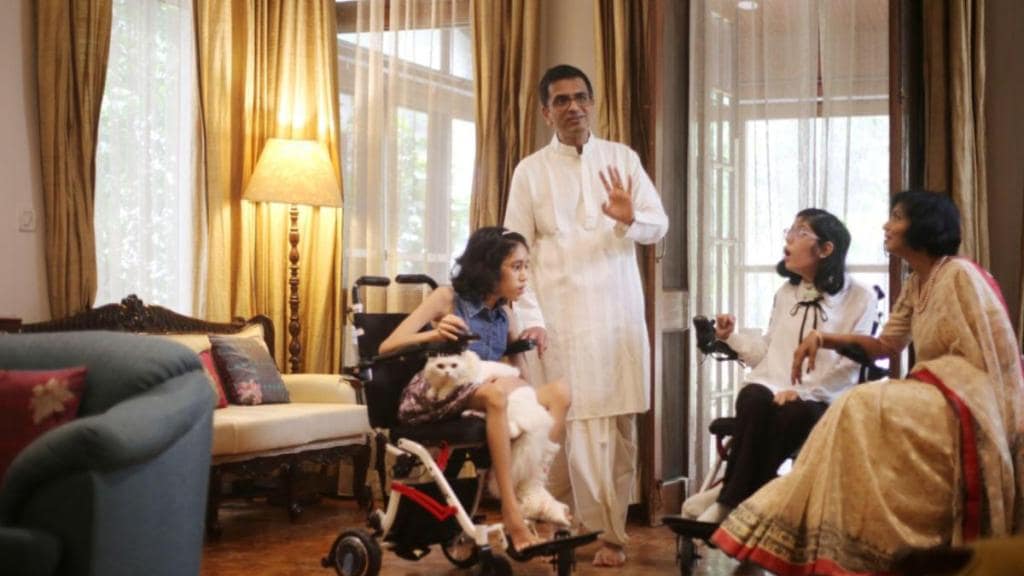In an extraordinary step, the Supreme Court administration has formally written to the Ministry of Housing and Urban Affairs (MoHUA), asking for the immediate repossession of the official residence reserved for the Chief Justice of India. The letter, dated July 1, concerns Bungalow No. 5 on Krishna Menon Marg in Lutyens’ Delhi, currently occupied by former Chief Justice DY Chandrachud, despite his retirement in November 2024.
The court pointed out that Justice Chandrachud had stayed beyond the permissible period defined under Rule 3B of the Supreme Court Judges (Amendment) Rules, 2022. The extension granted to him expired on 31 May 2025, while the six-month grace period ended earlier, on May 10.
Chandrachud cites personal reasons
In response, Justice Chandrachud attributed the delay to compelling personal circumstances, noting that he had already been allotted an alternative rented accommodation by the government. However, the property required substantial renovation due to disuse, and he was waiting for it to be made habitable.
“My daughters have severe comorbidities and genetic problems – particularly nemaline myopathy, for which they are being treated by specialists at AIIMS,” the former CJI said. “I totally understand it is my personal issue. But I should also make it clear why it has taken me so long to look for a house,” he stated, clarifying that the court administration had been informed about these concerns.
Timeline of requests and permissions
Justice Chandrachud had initially sought permission in December 2024 to stay at the Krishna Menon Marg bungalow until 30 April 2025, citing a delay in the readiness of his allocated bungalow at 14 Tughlak Road due to construction restrictions under GRAP-IV pollution controls. MoHUA granted permission until April 30, with a nominal licence fee of ₹5,430 per month.
Following this, he made an oral request for a further extension until May 31, which was granted with a firm caveat that no additional extension would be permitted. The Supreme Court’s July 1 letter asserts that the final extension has also lapsed and reiterates that Rule 3B entitles a retired CJI only to Type VII accommodation for six months post-retirement.
While extensions beyond retirement are not unusual for high-ranking officials, it is rare for the top court to formally press the Union government for action. The move underscores a shift in institutional assertiveness and highlights the delicate balance between personal exigencies and the requirements of public office.
Justice Chandrachud maintained that the issue would soon be resolved. “It is a matter of just a few days and I will shift,” he said, affirming his awareness of the dignity and responsibility attached to the office he once held.


